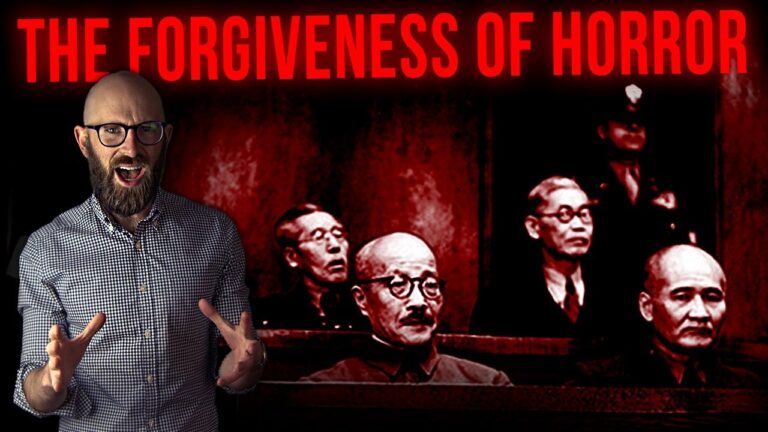“Unraveling the Mystery: Why Italy Escaped a Post-War Reckoning for Its Atrocities”
During the Paris Peace Conference, the Italian delegation pushed back on the war crimes clauses. For example, they demanded that any alleged war criminal should not be handed over to the country in which the crimes were committed, and the accused should be offered guarantees of a fair trial. And, very importantly, they protested that the individuals most responsible for crimes against peace or humanity had already been tried, and often executed by the âDirect justice of the Italian people.â
Basically, the point made by the Italian delegation was: not all of us Italians were Fascists, many of us actively fought against them, and we exacted justice by ourselves. Are more trials really needed?
In such a complex and delicate situation, UK and US representatives at the Paris Conference decided to disengage from the prosecution of Italian war criminals. All they would do would be to put pressure on Rome to cooperate with any other country who may press charges against said criminals. Washington went a step further: on August 14, 1947, the US Department of State issued a declaration in which they formally renounced the application of Article 45. Throughout 1948, the UK, France, and finally Greece also all renounced, either formally or informally, to enforce Article 45.
So to sum up, in the end, Fascist Italy did not have its own âNurembergâ for a variety of complex and overlapping reasons. First of all, the nation had been split in two since 1943, fascists and anti-fascists. The Allied wished to cooperate with the latter faction, even if it included individuals who undoubtedly deserved to go to trial for various extreme atrocities.











